· Expressed emotion (EE) was first identified through studies of patients with schizophrenia and their families Researchers explored various factors contributing to patient relapse given high rates of hospital recidivism and decompensation among patients diagnosed with schizophrenia · Expressed emotion (EE), is a measure of the family environment that is based on how the relatives of a psychiatric patient spontaneously talk about the patient/07/ · Learn how behavior and feelings work together and influence a person's actions Focus on changing your thoughts Your feelings can control your thoughts You may think of certain things because of the way that you're feeling And because your feelings may not be true, you may end up with wrong thoughts However, if you choose your thoughts, it can help you regain control of your feelings

Pdf The Importance Of The Family For Psychological Symptomatology In A Non Clinical Population Expressed Emotion And Perceived Maternal Control
Expressed emotion in families is thought to influence the
Expressed emotion in families is thought to influence the-Family Dysfunction refers to any forms of abnormal processes within a family such as conflict, communication problems, cold parenting, criticism, control and high levels of expressed emotions These may be risk factors for the development and maintenance of schizophrenia AO1 · Two types of expressed emotion High EE Express Hosility Low EE Overprotective More questions like this Expressed emotion in families is thought to influence which of the following?



Expressing Emotions In Information Sharing A Study Of Online Discussion About Immigration
The different members of the family are variations around that theme reflecting more the influence of nurture and the particulars of the occasion when the emotion occurs Our common language of emotion words may include many or few descriptions relevant to any of the emotion families In English we have many terms for anger, some specifying how the person is behaving (eg,Even for families with low levels of expressed emotion, there is often an increase in family stress due to the secondary effects of schizophrenia Having a family member with schizophrenia increases the likelihood of a disruptive family environment due to managing the patient's symptoms and ensuring their safety while they are home (Friedrich et al, 15) Because of the severity ofAsked Nov 25, in Psychology by Unique What will be an ideal response?
If you have schizophrenia and live in a family with high expressed emotion, you are 37 times more likely to relapse than if you lived in a family with low expressed emotion Families with high expressed emotion view the symptoms of schizophrenia as controllable and that the hostility arises when family members think that patients just do not want to help themselvesFinally, family economic environments seem to influence family processes, which in turn, are related to adolescent emotional development In particular, prior research has demonstrated the negative impact of persistent poverty on adolescent emotional adjustment For example, Rand Conger and colleagues studied rural families struggling with the economic crisis that affectedRELATIONSHIP BETWEEN FAMILY EXPRESSED EMOTION AND RELAPSE OCCURENCE AMONG INPATIENT ALCOHOLICS IN NAIROBI COUNTY, KENYA EUNICE NJANGO GITHAE REGISTRATION NUMBER C/115/09 A THESIS SUBMITTED TO THE SCHOOL OF HUMANITIES AND SOCIAL SCIENCES IN FULFILLMENT OF THE REQUIREMENTS FOR THE AWARD OF DOCTOR OF
· Expressed Emotion in Families of 1yearold Children This study, in Child Care, Health and Development, adds to the research that "high levels of expressed emotion (EE) in parents have been found to put (schoolage) children at risk for emotional and behavioural problems" by extending the research into family environments of 1yearoldsChanges of expressed emotion in systemic family therapy Panos Vostanis,* John Burnhamf and Queenie Harrisf This study measured the levels of expressed emotion throughout the course of systemic family therapy Videotapes of the first, second and final sessions of therapy were rated for twelve families, by an independent rater who was not inLVolved in the trratment Six of theWhen they live in a stressful family environment When are those with a genetic vulnerability to schizophrenia more likely to develop the disorder?




Experiencing And Expressing Emotion University Of Illinois Counseling Center
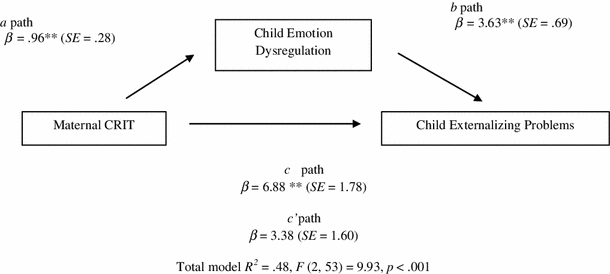



Maternal Expressed Emotion In Relation To Child Behavior Problems Differential And Mediating Effects Springerlink
C Respond to single thoughts or the emotional tone of the speech Note A great deal of research has examined the role of "expressed emotion" in families that have a member with schizophrenia High levels of expressed emotion (hostility, being overly critical, emotional overinvolvement) in these families have been linked to an increased risk for relapse and rehospitalization ThereforeIt is argued that children who grow up in families in which emotion is expressed freely develop greater skills of recognition and understanding of emotions, and these capacities are thought to contribute importantly to children's interactions, competence, and popularity with peers (CassidyAN OVERVIEW OF EXPRESSED EMOTION Carl V Rabstejnek PE, MBA, PhD Purpose of This Review The intent of this piece is to gather together essential elements of Expressed Emotion (EE) — as preparation for articles expanding our knowledge of the emotional effects of family life — good and bad I used an earlier version to prepare my editorial for Military Medicine, "Family's
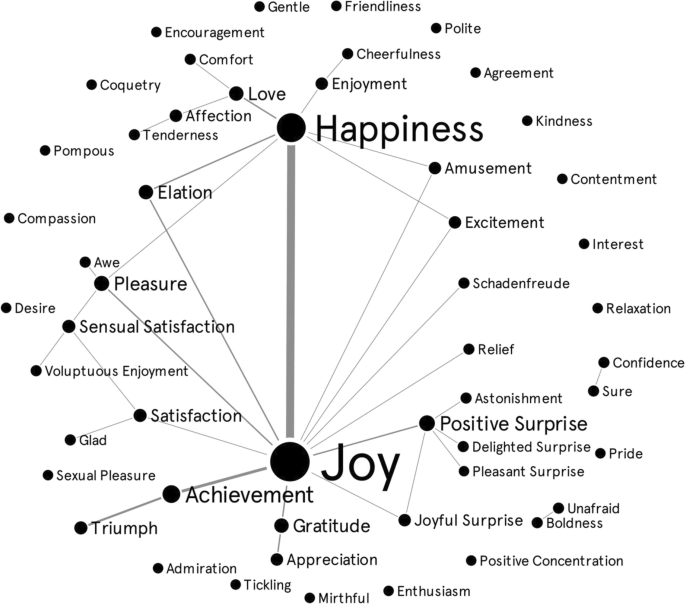



Good Vibrations A Review Of Vocal Expressions Of Positive Emotions Springerlink




Expressed Emotion In The Families Of Patients With Schizophrenia And Its Influence On The Course Of Illness Springerlink
· Perhaps saying, "I feel betrayed," is a shorthand way of relating that total experience, but neither thoughts nor feelings are accurately expressed If the thought isThe expressed emotion (EE) is considered to be an adverse family environment, which includes the quality of interaction patterns and nature of family relationships among the family caregivers and patients of schizophrenia and other psychiatric disorders Influence of EE has been found to be one of the robust predictors of relapse in schizophrenia This review article aims to provide aAsked Nov 25, in Psychology by Unique generalpsychology




Sociocultural Factors Sz Ppt Download
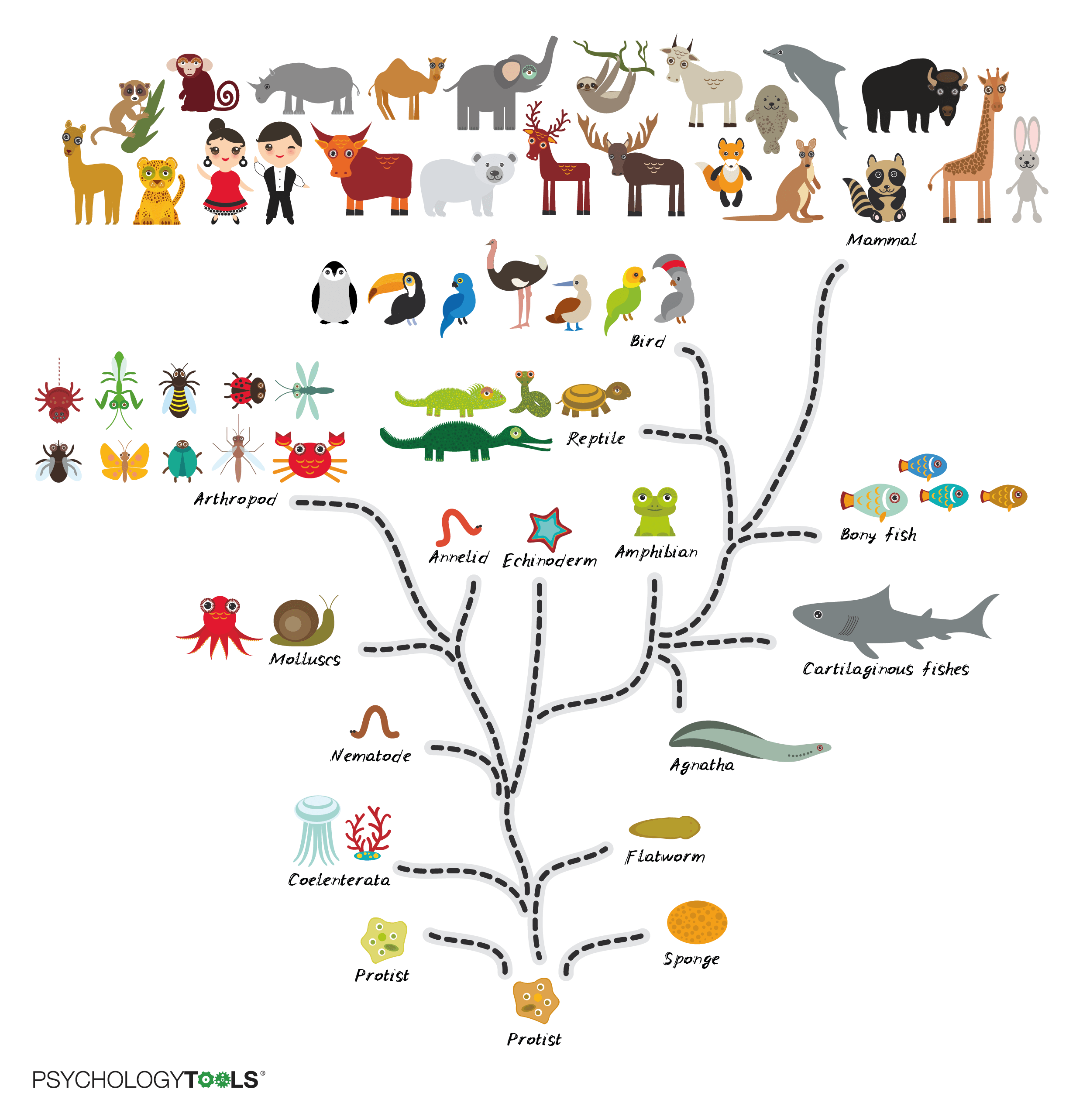



A Guide To Emotions Psychology Tools
Expression of negative affect Similarly, a child in a family that encourages the open expression of emotions may develop a different understanding of the meaning of emotions, and may have different emotion perspectivetaking skills than a child from a family that believes emotions should be controlled However, these findings become complicated in light of the finding that,Expressed emotion (EE) is the general reflection of the family's attitude towards the patient as a precursor to relapse in major psychiatric disorders On the basis of recent research on EE many family intervention programmes have been developed to reduce EE of the family and consequent relapse of illness · It's often seen as a negative emotion as it's thought having an anxious disposition impairs judgment and our ability to act New research has found the opposite Zein, Wyatt, and Grezes (15) found having anxiety heightened participants ability to recognize faces with angry or fearful expressions They measured electrical signals in the brain and found that nonclinically




Expressed Emotion In The Families Of Patients With Schizophrenia And Its Influence On The Course Of Illness Semantic Scholar




How Narratives Evoke Emotions Part Ii Emotion And Narrative
Cultural backgrounds, family values, and many other factors can influence how we express emotions Typically, we learn to express our emotions in two primary ways either directly expressing them to someone else (eg, in a personal confrontation), or hiding the feelings and keeping them to ourselves Learning ways to express our emotions that are aligned with ourInfluence of Culture on Emotion Culture can have a profound impact on the way in which people display, perceive, and experience emotions Learning Objectives Give examples of universal vs culturally dependent aspects of emotional expression Key Takeaways Key Points The culture in which we live provides structure, guidelines, expectations, and rules to help us understand,In a series of studies of the influence of family life on the course of an established schizophrenic illness, it has been shown that the level of emotion expressed by relatives shortly after a schizophrenic patient is admitted to hospital is strongly associated with symptomatic relapse during the nine months following discharge (Brown et al, 1962, 1972)
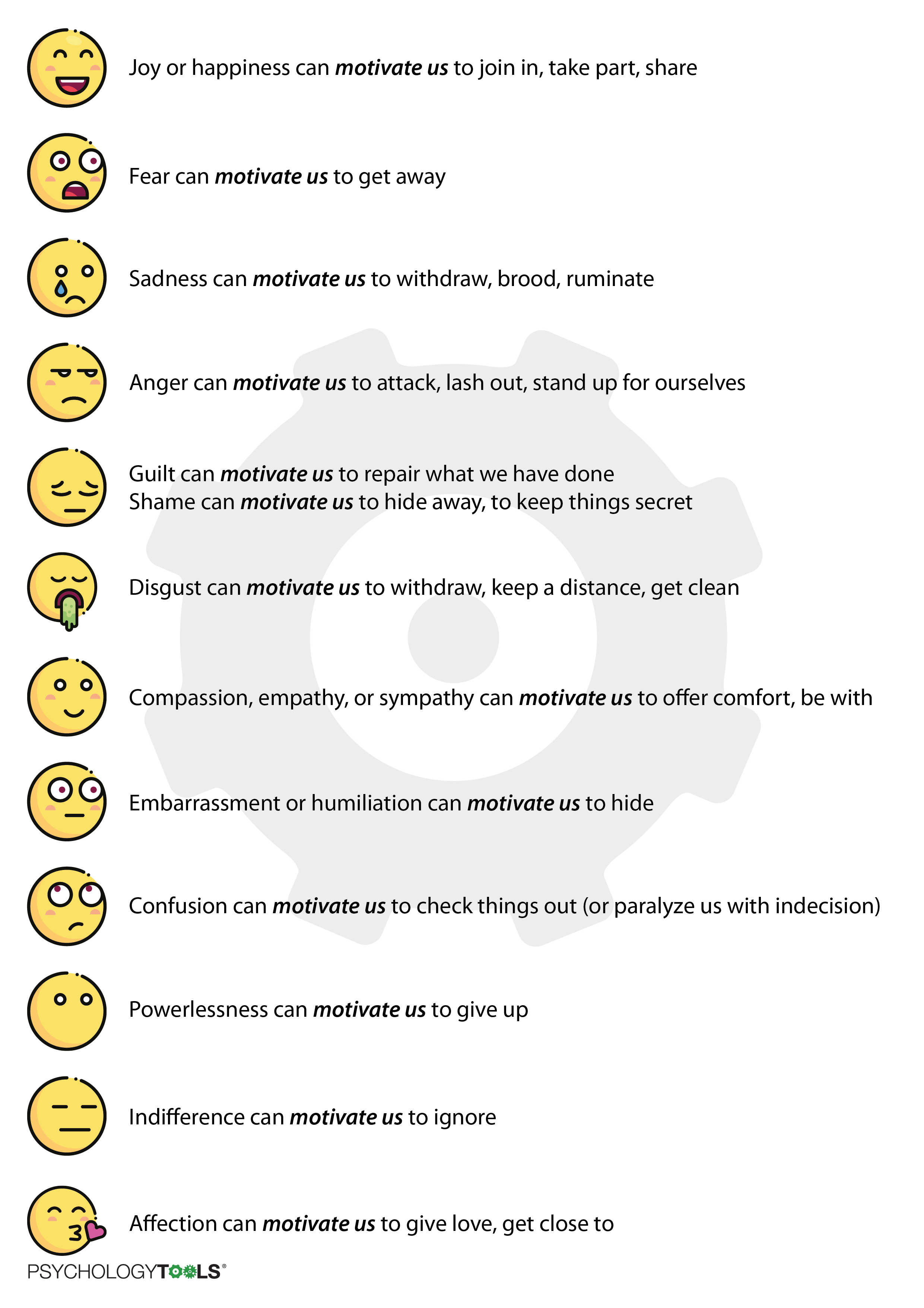



A Guide To Emotions Psychology Tools




Pdf The Importance Of The Family For Psychological Symptomatology In A Non Clinical Population Expressed Emotion And Perceived Maternal Control
· One of the ways to be a stable guide for our families is to experience and express the full range of emotions By experiencing emotions, we model how to live life to its fullest, inclusive of joys and challenges By safely expressing even difficult emotions, we model how to practice stress management and selfcareMost of the techniques for improving family relationships are therefore centered on communicating your feelings to those you care about, as close relationships are centered around feeling Without this emotional intimacy, family contact becomes a burden, because no one is comfortable spending that much time with a strangerExpressed emotion in families is thought to influence which of the following?




Theoretical Approaches To Emotion And Its Measurement Sciencedirect



Emotion Stanford Encyclopedia Of Philosophy
The effects of family and culture can substantially influence one's personality, behaviours, beliefs and values, which correlates positively to the life experiences in part 1 Research has shown the significance of family interactions on stress levels, personality and behavioural traits on younger individuals The young ones imitate the elders as they have yet to be independent and thisThe behaviors and mood of a depressed person affect the whole family There's the irritability, which sets off conflicts and derails family dynamics The negative thought · Later on, social emotions appear followed by the emotion of fear between the ages of two and four years Generally, emotions start to differ as a child begins to mature 1 So far, it is known that parents significantly influence the emotional development of their children Parents do far more than meet the basic survival needs of their child




Pdf Expressed Emotion As A Participant Of Depression
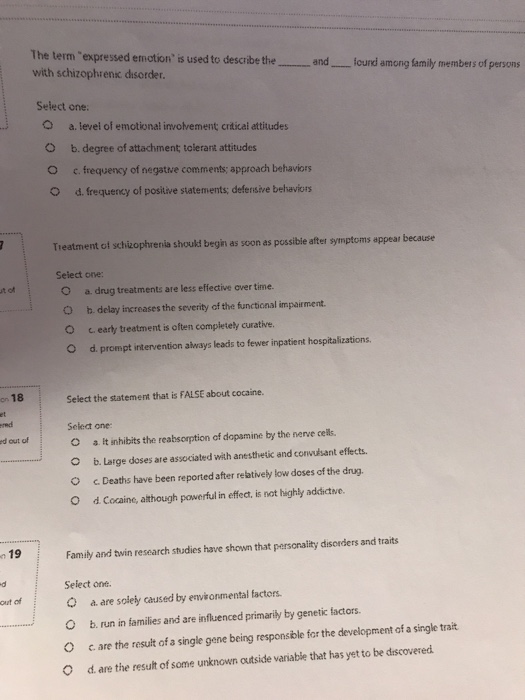



Solved The Term Expressed Emotion Is Used To Describe Th Chegg Com
DiathesisStress Model What states that the development of schizophrenia is an interaction or92 · The three families whichdropped outshowed somewhat Changes o f expressed emotion in therapy TABLE 2 Changes o E E scales in Jarnib therapy f Mean SD Statistical difference Emotional OverInvoloement First session 16 session Second Last session (014) (017) (016) ll} J p = 0027 NS Critical Comments First session session Second Last session p = 0043 NS (09) pSchizophrenia patients from _____ expressed emotion families have _____ risk of relapse than those with _____ expressed emotion families?




Pdf The Influence Of Family Expressed Emotion On The Course Of Schizophrenia In A Sample Of Spanish Patients A Two Year Follow Up Study




The Expression Of The Emotions In Man And Animals Wikipedia
Expressed emotion is a family communication style that involves criticism, hostility and emotional overinvolvement High levels of this may influence relapse rates, or the onset of schizophrenia in a vulnerable personThe family is a complex emotional system It is our first social group Our experiences within the boundaries of the family system determine how we come to view and respond to the world The family system lays the foundation for our patterns of behavior, our beliefs and how well we learn to process our emotions and relate to others The level of cooperation and consideration that youExpressed emotion is the critical, hostile, and emotionally overinvolved attitude that relatives have toward a family member with a disorder The expressed emotion can be high or low, which is decided by a taped interview known as the Camberwell Family Interview
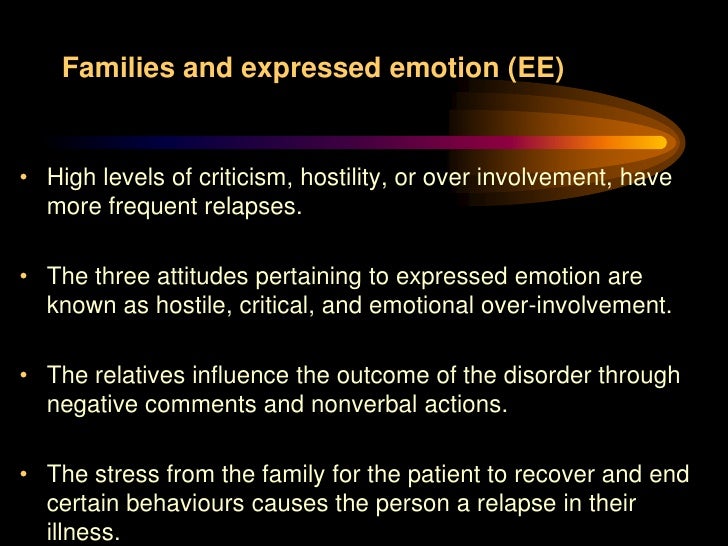



Schizophrenia




Exploring Emotions As Social Phenomena Among Canadian Varsity Athletes Sciencedirect
0 Answers 0 votes answered Nov 25, by phoebewhite Best answer probability of relapse by schizophrenia patients 0 votes answered Nov 25, by nt2372 Very grateful, love it whenYou think and feel can affect what happens to your body, and what happens in your body can affect how you think and feel What to Know About the MindBody Connection emotion LESSON 10 • Expressing Emotions and Managing Stress95 The is the relationship between a person's thoughts, emotions, and bodily responses Consider the following example Suppose you are · Expressed emotion was assessed using the Family Questionnaire and family environment was assessed by the Family Environment Scale Relapse was measured by the readmission and a significant increase in medication dosage Results showed that the family psychoeducation program had not changed the emotional overinvolvement score but it had had a significant influence




Emotion In Animals Wikipedia
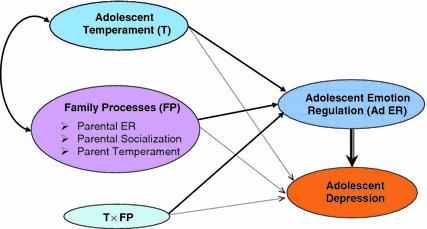



Using An Emotion Regulation Framework To Understand The Role Of Temperament And Family Processes In Risk For Adolescent Depressive Disorders Springerlink
The ThreeComponent Model of Emotions From the CBT perspective, there are three components that make up our emotional experience They are thoughts, feelings, and behaviors Thoughts refer to the ways that we make sense of situations Thoughts can take a number of forms, including verbal forms such as words, sentences, and explicit ideas, asCriticism, Hostility, Emotional Over involvement, Warmth, and Positive Regard 2 It is named as gold · Expressed Emotion – Expressed emotion, or EE, is where there is a high level of emotion in a family For example, a family who constantly argue and fight would have high EE Although expressed emotion rarely results in the onset of schizophrenia many psychologists, for example Kalafi and Torabi, agree that high EE can result in the relapse back into schizophrenia of



Expressing Emotions In Information Sharing A Study Of Online Discussion About Immigration




Pdf The Family And Compliance In Schizophrenia The Influence Of Clinical Variables Relatives Knowledge And Expressed Emotion
· Since emotions affect our bodies at a physical level, these are objectively measurable We can truly monitor brain activity, blood flow, body language, and facial microexpressions According to Debbie Hampton (author of the book Beat Depression and Anxiety by Changing Your Brain), "Emotions are lower level responses occurring in the subcortical regions · EE is a qualitative measure of the number of emotions typically expressed in the family environment, on a daily basis, by the family or caregivers This concept refers to the quality of social interaction between family members, that is, the feelings that the relatives express in relation to the psychiatric patient ( Zanetti, Giacon, & Galera, 12 )Studies have depicted that the families with high Expressed emotion have high relapse rate in severe mental disorders 5 The Camberwell Family Interview(CFI) was the first instrument to measure EE in the families of mental illness and it rates on the following five factors;




Family Resilience Moving Into The Third Wave Henry 15 Family Relations Wiley Online Library
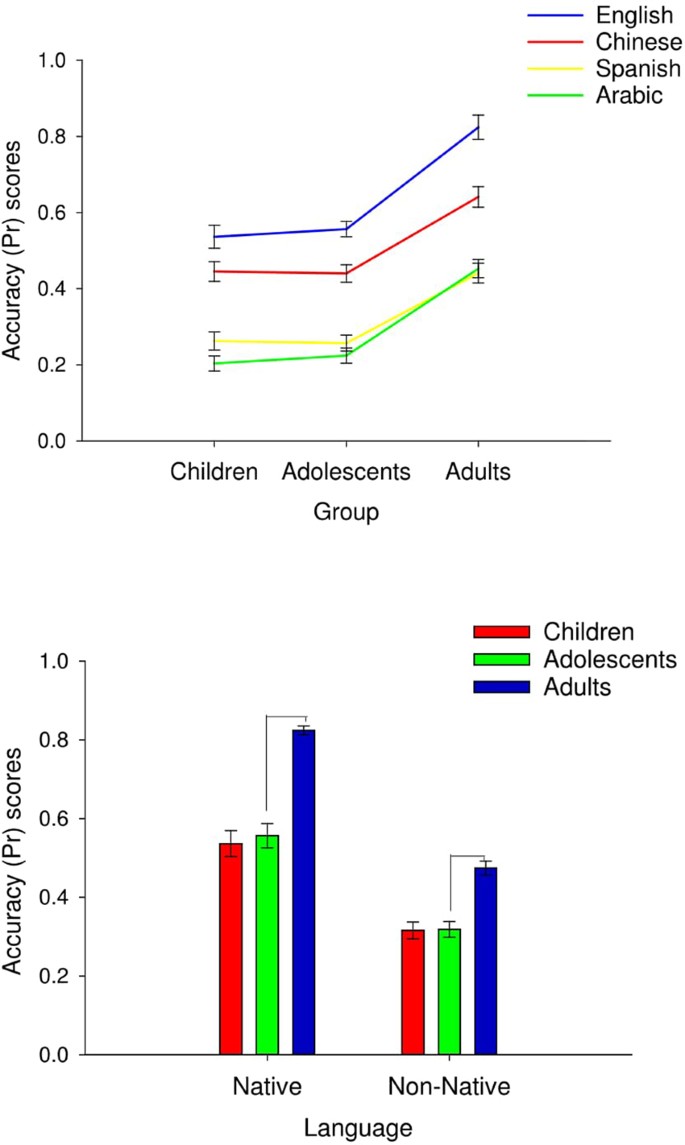



The Development Of Cross Cultural Recognition Of Vocal Emotion During Childhood And Adolescence Scientific Reports



Parental Depressive Symptoms Children S Emotional And Behavioural Problems And Parents Expressed Emotion Critical And Positive Comments
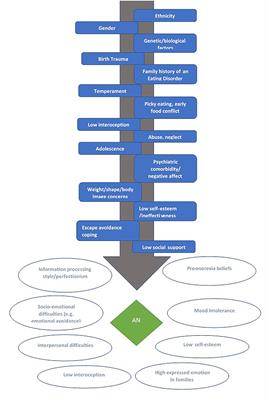



Frontiers Anorexia Nervosa And A Lost Emotional Self A Psychological Formulation Of The Development Maintenance And Treatment Of Anorexia Nervosa Psychology




Psychological Explanation Ppt Download




Expressed Emotion In The Families Of Patients With Schizophrenia And Its Influence On The Course Of Illness Semantic Scholar
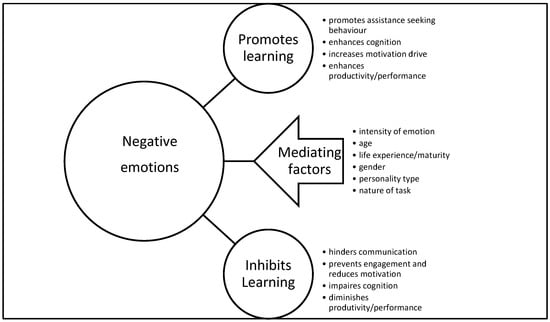



Behavioral Sciences Free Full Text Understanding The Role Of Negative Emotions In Adult Learning And Achievement A Social Functional Perspective Html




Schizophrenia Fahad Alosaimi Md Psychiatry And Psychosomatic Medicine
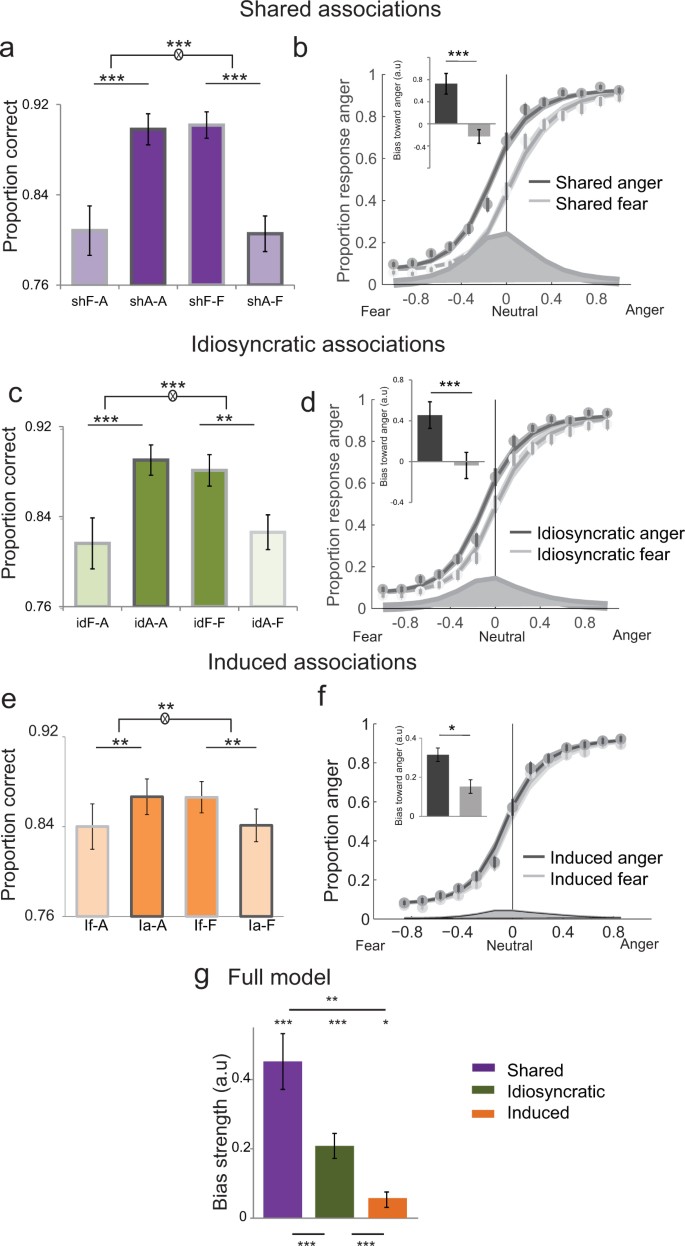



Pervasive Influence Of Idiosyncratic Associative Biases During Facial Emotion Recognition Scientific Reports
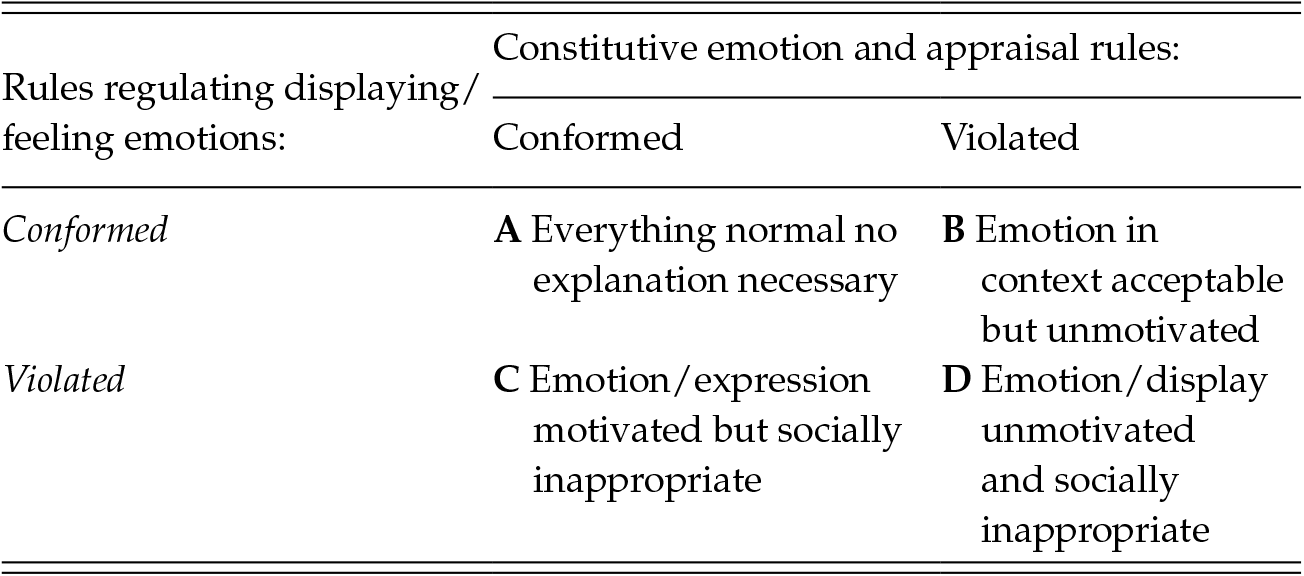



How Narratives Evoke Emotions Part Ii Emotion And Narrative
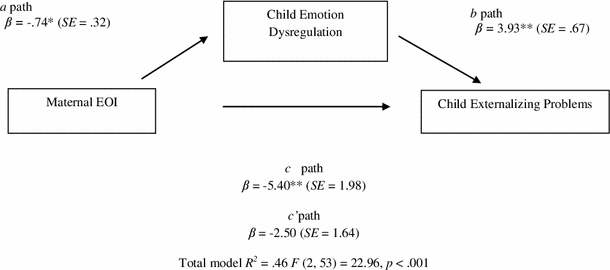



Maternal Expressed Emotion In Relation To Child Behavior Problems Differential And Mediating Effects Springerlink
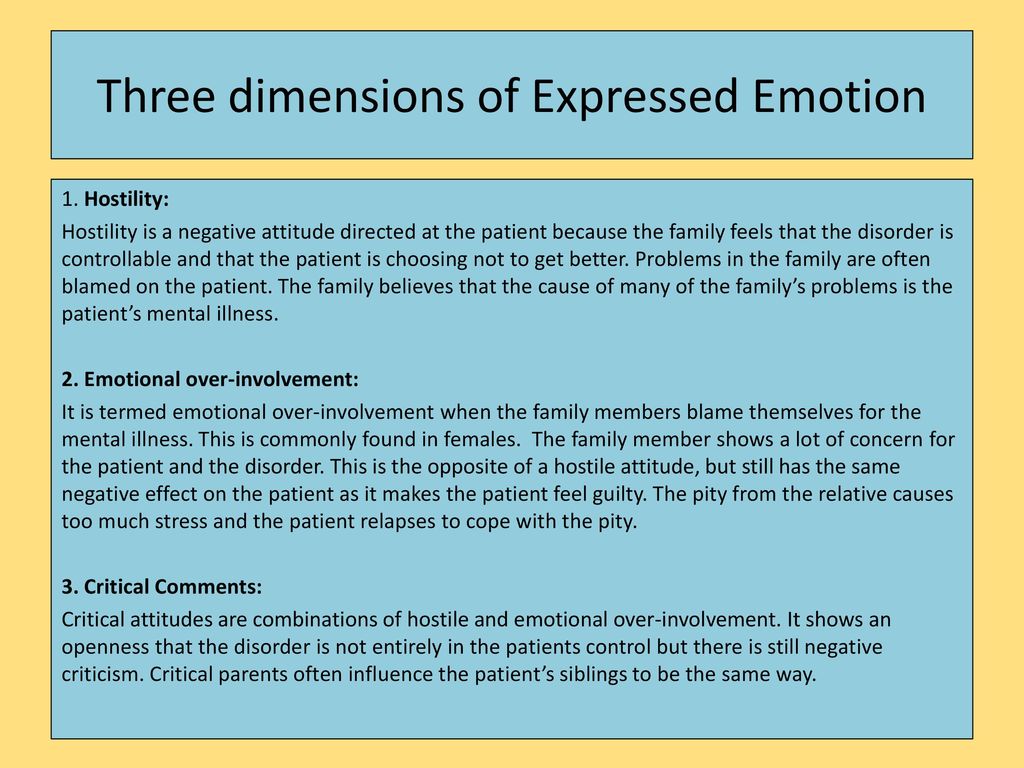



Paper 3 Option Schizophrenia Ppt Download
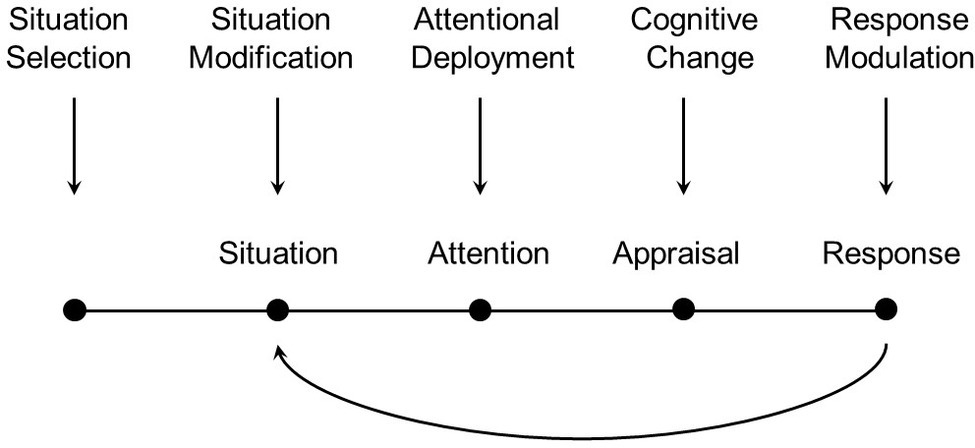



Frontiers The Relationship Between Uncertainty And Affect Psychology



Predictors Of Criticism And Emotional Over Involvement In Relatives Of Early Psychosis Patients
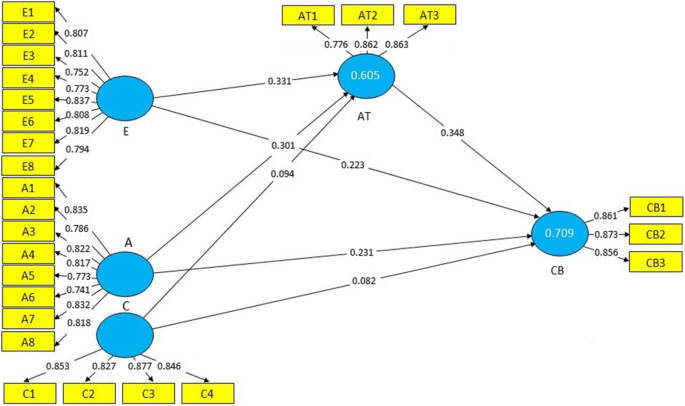



Want To Make Me Emotional The Influence Of Emotional Advertisements On Women S Consumption Behavior Frontiers Of Business Research In China Full Text




Schizophrenic Disorders A Class Of Disorders Marked By Delusions Hallucinations Disorganized Speech And Deterioration Of Adaptive Behavior Ppt Download
/what-are-emotions-2795178_color1-5b76d23ac9e77c0050245d75.png)



Emotions And Types Of Emotional Responses




Important Definition Extra Notes Schizophrenia 87 Please Check




The Role Of The Family Context In The Development Of Emotion Regulation Morris 07 Social Development Wiley Online Library
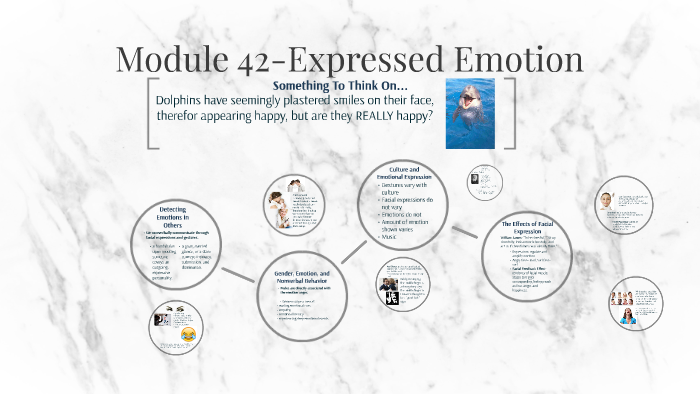



Module 42 Expressed Emotion By Mattie Allison




Pdf Expressed Emotion Across Cultures Semantic Scholar




The Neuroscience Of Positive Emotions And Affect Implications For Cultivating Happiness And Wellbeing Sciencedirect




The Development Of Cross Cultural Recognition Of Vocal Emotion During Childhood And Adolescence Scientific Reports




The No Bs Guide To Mastering Unwanted Emotions
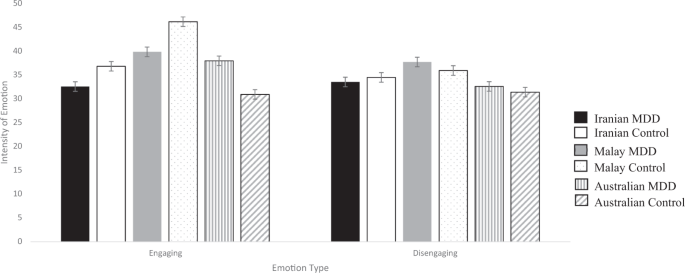



Investigating Emotion In Malay Australian And Iranian Individuals With And Without Depression Scientific Reports




Pdf Emotional Expressions Reconsidered Challenges To Inferring Emotion From Human Facial Movements




Collective Emotions Association For Psychological Science Aps




Expression Of Emotion As Part Of The Work Role Academy Of Management Review
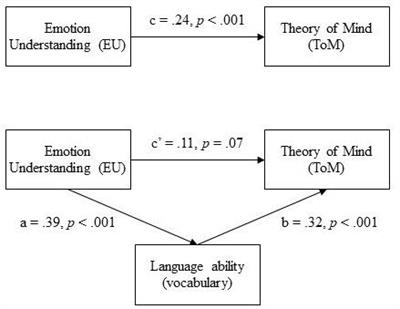



Frontiers The Relation Between Emotion Understanding And Theory Of Mind In Children Aged 3 To 8 The Key Role Of Language Psychology




7 Emotion In Organizations Academy Of Management Annals
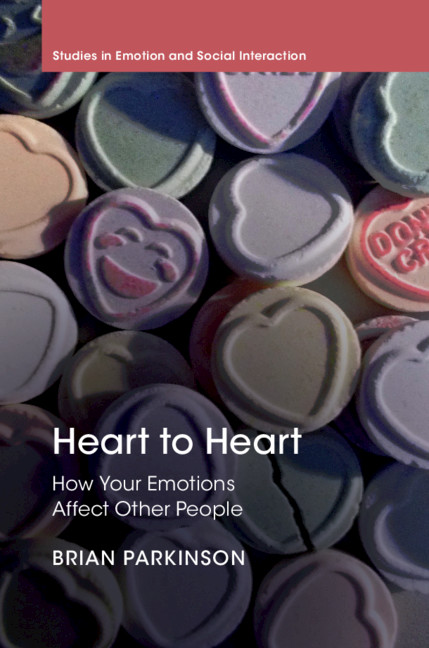



Facial Activity And Emotion Expression Chapter 3 Heart To Heart
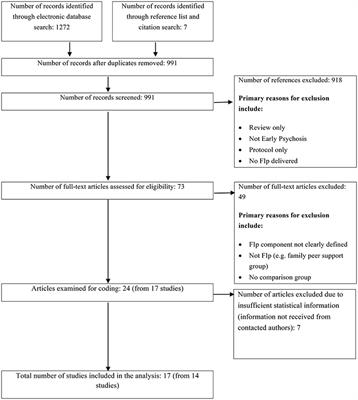



Frontiers Do Family Interventions Improve Outcomes In Early Psychosis A Systematic Review And Meta Analysis Psychology




Pdf Influence Of Carer Expressed Emotion And Affect On Relapse In Non Affective Psychoses




Good Vibrations A Review Of Vocal Expressions Of Positive Emotions Springerlink




Pdf Measuring Expressed Emotion An Evaluation Of The Shortcuts




Attachment Mentalisation And Expressed Emotion In Carers Of People With Long Term Mental Health Difficulties Bmc Psychiatry Full Text



Parental Depressive Symptoms Children S Emotional And Behavioural Problems And Parents Expressed Emotion Critical And Positive Comments



Full Article Family Profiles Of Expressed Emotion In Adolescent Patients With Anorexia Nervosa And Their Parents




L O Describe And Evaluate The Psychodynamic Explanation And Treatment Of Schizophrenia The Psychodynamic Approach Assumes That If Someone Is To Experience Ppt Download




The Gendered Construction Of Emotions In The Greek And Roman Worlds Cairn International Edition




Experimental Evidence Of Massive Scale Emotional Contagion Through Social Networks Pnas



Transgender Fathering Children S Psychological And Family Outcomes




Functions Of Emotions Noba




Stigma Expressed Emotion And Quality Of Life In Caregivers Of Individuals With Dementia Weisman De Mamani 18 Family Process Wiley Online Library
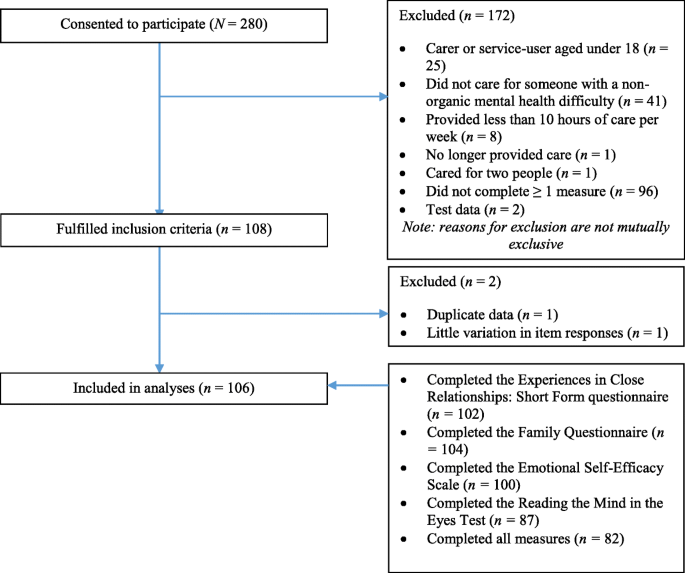



Attachment Mentalisation And Expressed Emotion In Carers Of People With Long Term Mental Health Difficulties Bmc Psychiatry Full Text



Schizophrenic Disorders Ppt Download
/theories-of-emotion-2795717-FINAL-updated-878d86f3e039449a931fcf02f4b39165.png)



Overview Of The 6 Major Theories Of Emotion
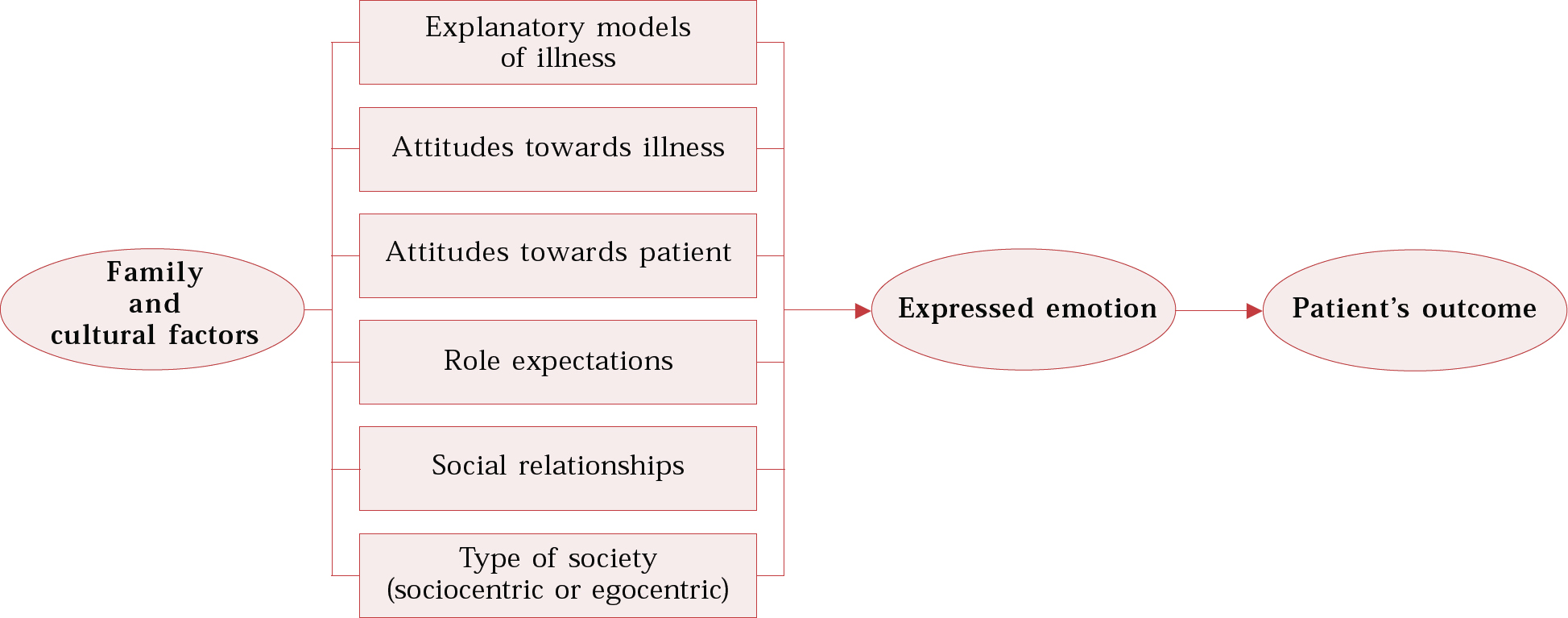



Expressed Emotion Across Cultures Advances In Psychiatric Treatment Cambridge Core
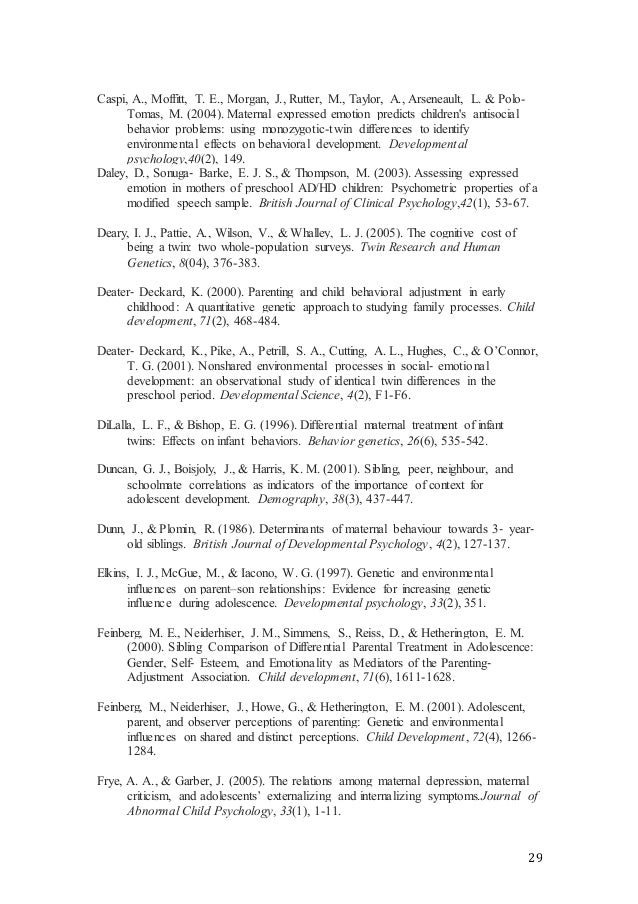



Genetic Influences On Parental Expressed Emotion A Novel Approach To




Guilt Shame And Expressed Emotion In Carers Of People With Long Term Mental Health Difficulties A Systematic Review Sciencedirect




Manage Your Emotional Culture




Facebook Reveals News Feed Experiment To Control Emotions Facebook The Guardian




The Impact Of Parenting On Emotion Regulation During Childhood And Adolescence Morris 17 Child Development Perspectives Wiley Online Library
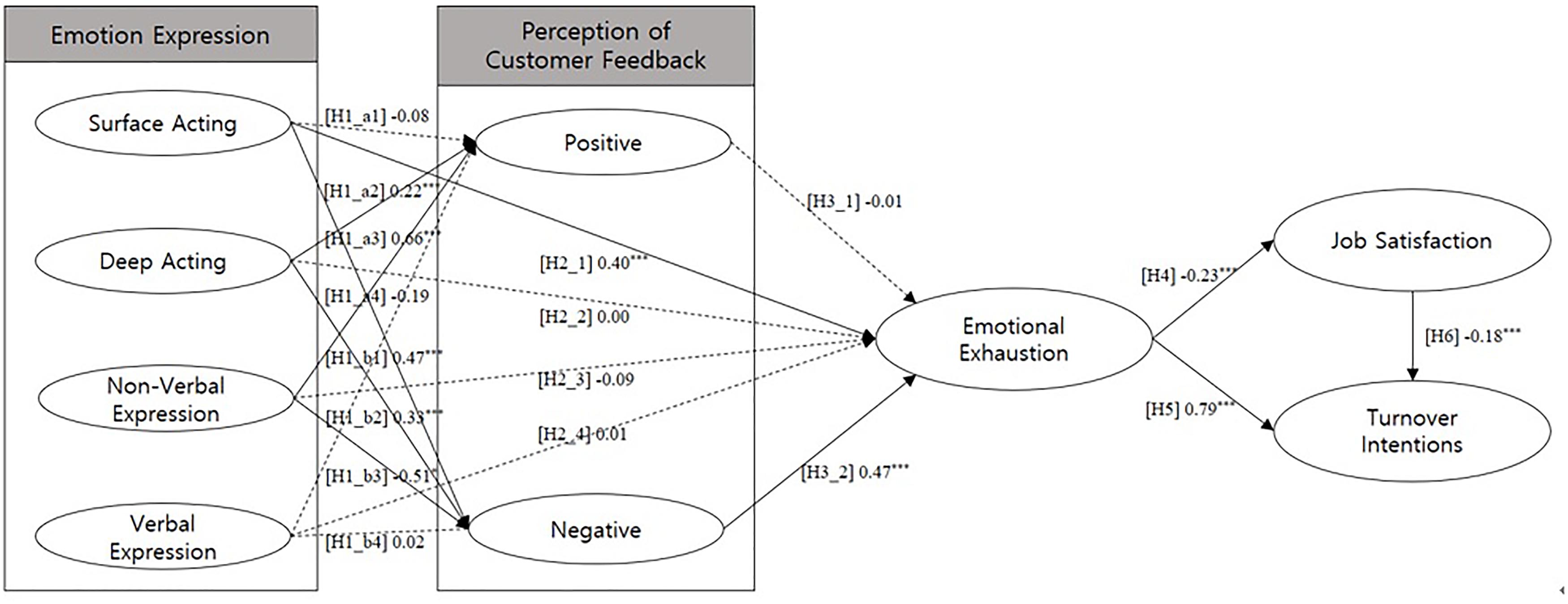



Frontiers Research On How Emotional Expressions Of Emotional Labor Workers And Perception Of Customer Feedbacks Affect Turnover Intentions Emphasis On Moderating Effects Of Emotional Intelligence Psychology




7 Emotion In Organizations Academy Of Management Annals




Expressed Emotion In The Families Of Patients With Schizophrenia And Its Influence On The Course Of Illness Semantic Scholar



0 件のコメント:
コメントを投稿